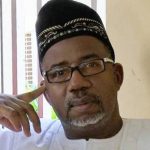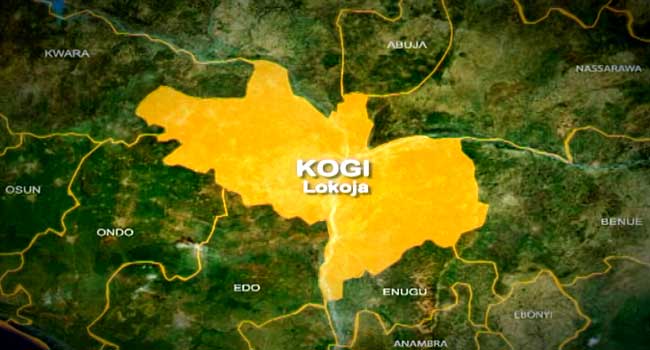Nigeria’s agricultural industry is poised for a significant injection of funding following the approval of a €190 million (approximately N320.5 billion) credit facility by the European Union.
The funding, aimed at increasing access to finance for farmers and agribusinesses, will be channeled through Nigerian commercial banks and development finance institutions.
The announcement was made during a bilateral meeting between senior officials of the European Investment Bank and a delegation from Nigeria’s Federal Ministry of Budget and Economic Planning. The meeting took place on the sidelines of the Global Gateway Forum held recently in Brussels, Belgium.
According to a statement issued Monday by Bolaji Adeniyi, Special Adviser on Media to the Minister of Budget and Economic Planning, the funding is part of broader efforts to support Nigeria’s economic diversification and agricultural transformation.
Speaking at the session, Thourayya Tricki, Director for International Partnerships at the EIB, emphasized the EU’s commitment to Nigeria’s growth. “This credit line is part of our continued effort to strengthen Nigeria’s agricultural value chains, especially in cocoa and dairy,” she stated. “The investment package will not only expand access to finance but also promote sustainability and competitiveness in Nigeria’s agri-food products.”
Tricki, accompanied by Diedrick Zambon, EIB’s Head of Sub-Saharan Africa Relations, said the initiative includes both credit and technical assistance components. These elements are designed to support development finance institutions and commercial banks by “de-risking agricultural lending and building institutional capacity for long-term financing in the sector.”
Nigeria already receives support under various EU-backed initiatives, including an €18 million technical assistance grant for vaccine production regulation and a €50 million credit facility aimed at enhancing financial access within the pharmaceutical sector.
Representing Nigeria at the meeting were Bolaji Onalaja, Special Assistant to the Minister of Budget and Economic Planning, and Benjamin Galadima, EU Unit Focal Officer. Both reaffirmed Nigeria’s dedication to economic reform through President Bola Tinubu’s Renewed Hope Agenda, highlighting ongoing efforts to attract long-term investment.
“Our government is determined to create an enabling environment for investment through the forthcoming National Development Plan (2026–2030) and the Ward-Based Development Programme, which will ensure that growth reaches communities at the grassroots,” Onalaja said.
The Nigerian delegation also held talks with top officials from the EU Directorate of International Partnerships and the European Bank for Reconstruction and Development. Discussions focused on potential collaboration in areas such as green infrastructure, renewable energy, and industrial development.
On behalf of Minister of Budget and Economic Planning Senator Abubakar Bagudu, who was attending an official engagement in Vienna, the delegation extended appreciation to Ambassador Gauthier Mignot, Head of the EU Delegation to Nigeria and ECOWAS, for enabling Nigeria’s participation in the Global Gateway Forum.
The Global Gateway Forum, the EU’s flagship investment initiative, brings together public and private stakeholders to mobilise financing for sustainable development projects spanning digital innovation, green energy, and human capital development.
In her keynote address, President of the European Commission, Ursula von der Leyen, reaffirmed the EU’s commitment to international partnerships. “We are expanding the Global Gateway Investment Package to €400bn and launching a dedicated Investment Hub to accelerate project delivery, especially in Africa,” she announced.
The EU’s latest credit facility to Nigeria is expected to strengthen bilateral cooperation under the Global Gateway Strategy and contribute to the modernisation of Nigeria’s agricultural sector, enhance food security, and boost export competitiveness.











